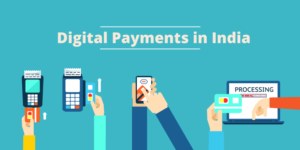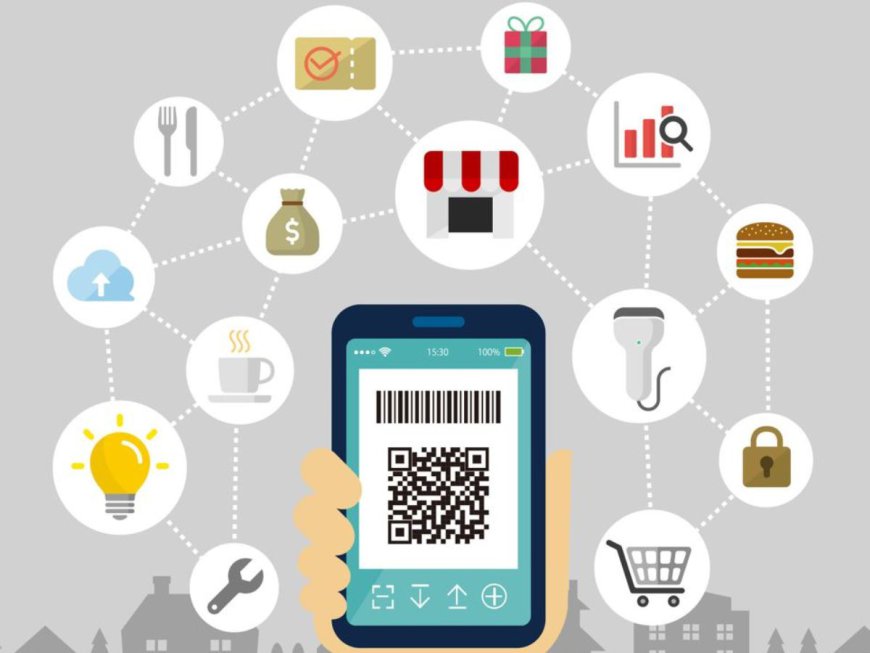In recent years, India has witnessed a remarkable transformation in its financial landscape with the rapid rise of digital payments. The proliferation of fintech companies and advancements in technology have paved the way for a cashless economy, revolutionizing the way Indians transact and manage their finances. This article delves into the journey of digital payments in India, exploring the growth of fintech and its impact on the cashless economy.

Convenience and Accessibility of Digital Payments
Digital payments have brought unparalleled convenience to individuals across the country. Gone are the days of standing in long queues at banks or searching for exact change. With just a few taps on a smartphone, people can now transfer funds, pay bills, and make purchases seamlessly. Moreover, the accessibility of digital payment platforms has bridged the gap between urban and rural areas, empowering individuals even in remote locations to participate in the cashless revolution.
Boosting Financial Inclusion and Economic Growth
One of the significant outcomes of the rise of digital payments in India is the boost in financial inclusion. Traditional banking services have limitations in reaching underserved populations, but digital payment platforms have democratized access to financial services. Even those without a bank account can now make digital transactions through mobile wallets or payment apps. This increased financial inclusion has not only empowered individuals but has also contributed to the growth of the Indian economy by stimulating consumption and enabling entrepreneurship.
Security and Transparency in Financial Transactions
Digital payments have addressed concerns surrounding the security of financial transactions. Fintech companies have implemented robust security measures, such as encryption and two-factor authentication, to ensure the safety of users' financial information. Additionally, digital payments have introduced transparency in financial transactions. Each digital transaction leaves a digital footprint, enabling individuals and businesses to have a clear record of their financial activities. This transparency promotes accountability and helps in combating corruption and tax evasion.
Read more:
The Impact of 5G Technology on India’s Digital Transformation: Unlocking a New Era of Connectivity
Driving Innovation in Fintech
The rise of digital payments has fueled innovation in the fintech sector. Fintech companies are continuously introducing new and innovative solutions to enhance the user experience. From digital wallets and contactless payments to biometric authentication and UPI (Unified Payments Interface), these innovations have made financial transactions more seamless and efficient. Fintech innovations have also contributed to financial literacy initiatives, educating individuals on various financial services and empowering them to make informed decisions about their money.
Challenges and Opportunities
While the growth of digital payments in India presents immense opportunities, there are also challenges that need to be addressed. Infrastructure development, particularly in rural areas, remains a challenge. Ensuring reliable internet connectivity and access to smartphones or other digital devices is crucial for the widespread adoption of digital payments. Moreover, promoting digital literacy among the population is essential to ensure that individuals are equipped with the necessary knowledge and skills to navigate digital payment platforms securely.
Conclusion
The rise of digital payments in India transforming the way people interact with money. Fintech companies have played a pivotal role in driving this transformation, making financial services more accessible, secure, and convenient. As India continues its journey towards a cashless economy, it is essential to address challenges related to infrastructure and digital literacy. By leveraging the potential of fintech and fostering collaboration between stakeholders, India can build a robust cashless economy that empowers individuals, drives economic growth, and positions the country at the forefront of the global digital revolution.
Follows Us for More Updates
Like Us on Facebook Page :
Click Here
Like Us on Instagram :
Click Here 






























